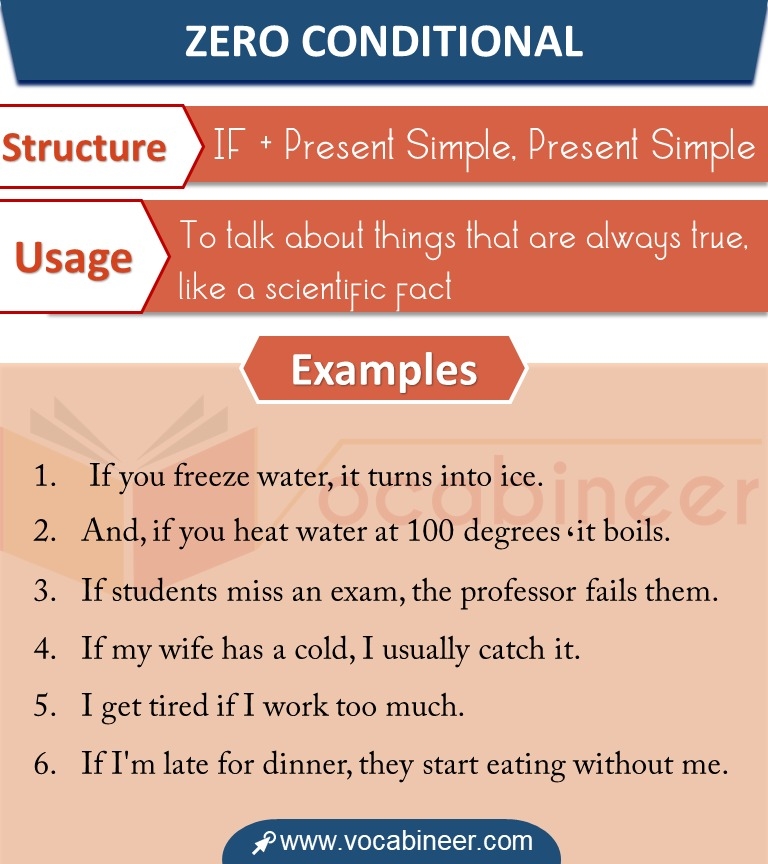First conditional sentences are a crucial aspect of English grammar that help us express possible outcomes or consequences based on a certain condition. They are used to talk about real situations and their likely results, making them essential for effective communication in both spoken and written English.
Understanding and using first conditional sentences correctly can greatly enhance your ability to convey ideas and make predictions in various contexts, such as everyday conversations, academic writing, or business communications.
First Conditional Sentences
In first conditional sentences, we use the present simple tense in the if-clause to talk about a possible condition and the future simple tense (will + base verb) in the main clause to indicate the likely result. For example, “If it rains, I will bring an umbrella.” Here, the condition (rain) is connected to the result (bringing an umbrella) with the use of “will.”
These sentences are particularly useful for discussing future events that are dependent on a specific condition being met. They allow us to express potential outcomes based on certain circumstances, helping us to plan ahead or anticipate different scenarios.
When forming first conditional sentences, it is important to pay attention to the word order and verb tenses used in both clauses. By mastering the structure and usage of these sentences, you can improve your overall fluency and accuracy in English communication.
In conclusion, first conditional sentences play a significant role in expressing possibilities and outcomes based on specific conditions. By incorporating them into your language skills, you can effectively convey ideas, make predictions, and engage in meaningful conversations with others. Practice using first conditional sentences in your daily interactions to enhance your language proficiency and become a more confident English speaker.
